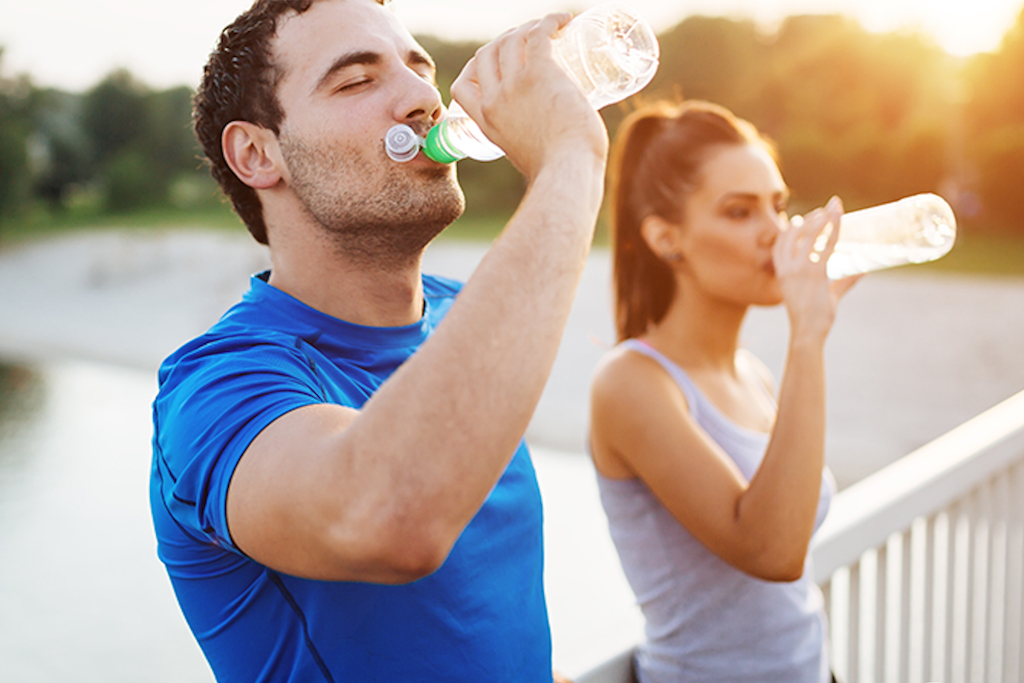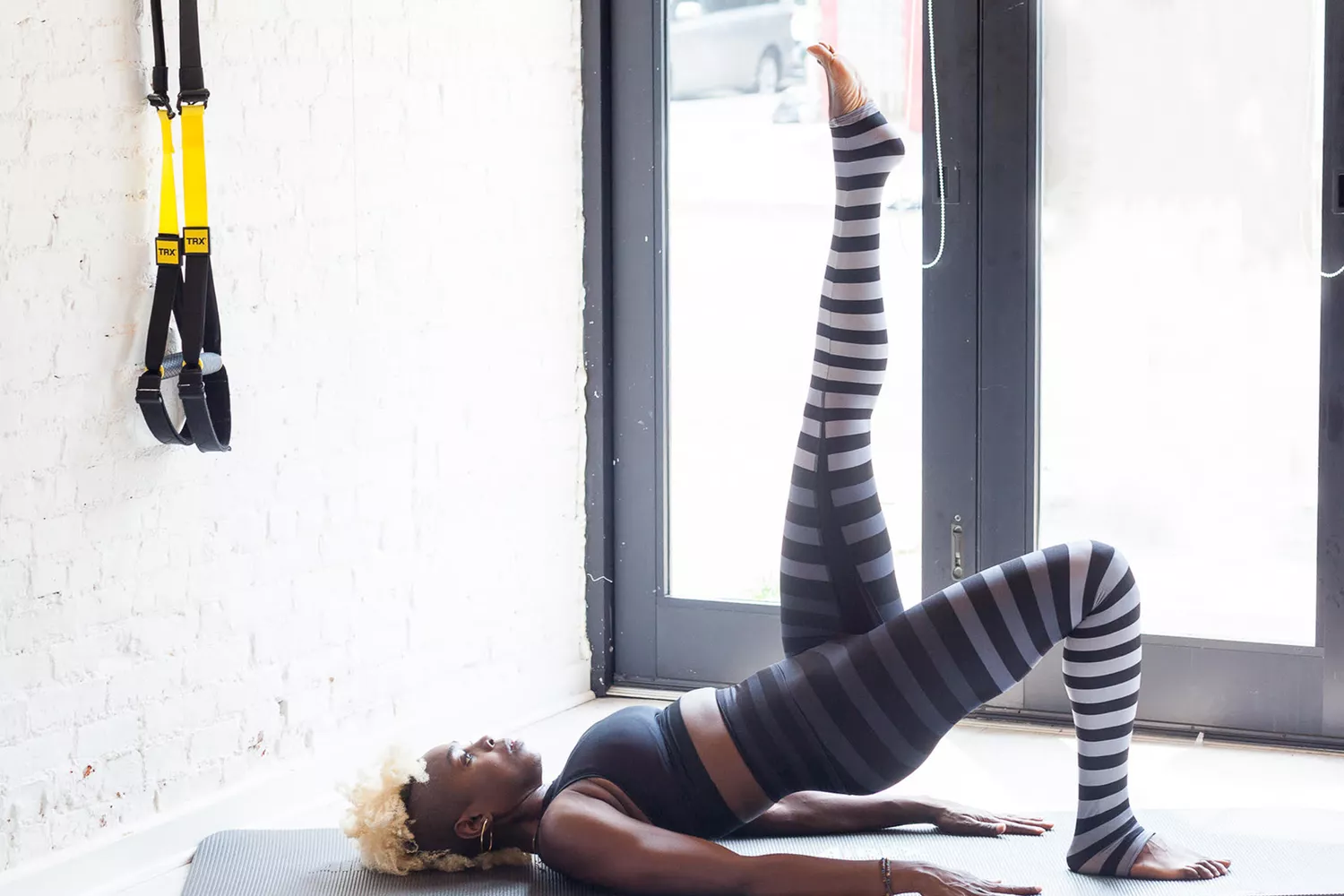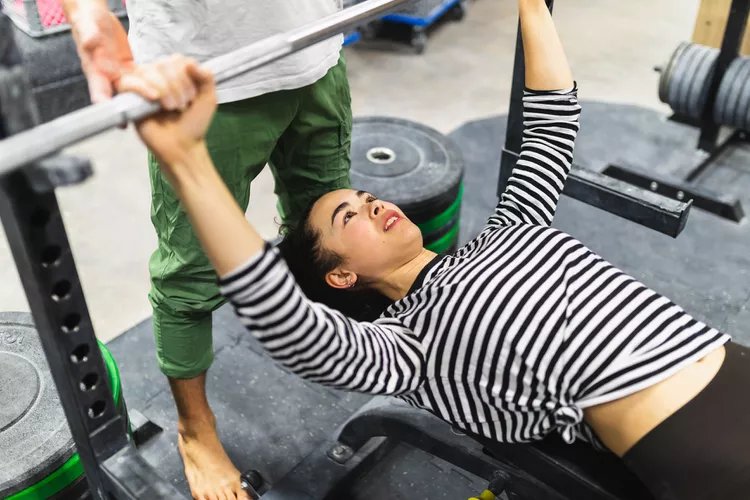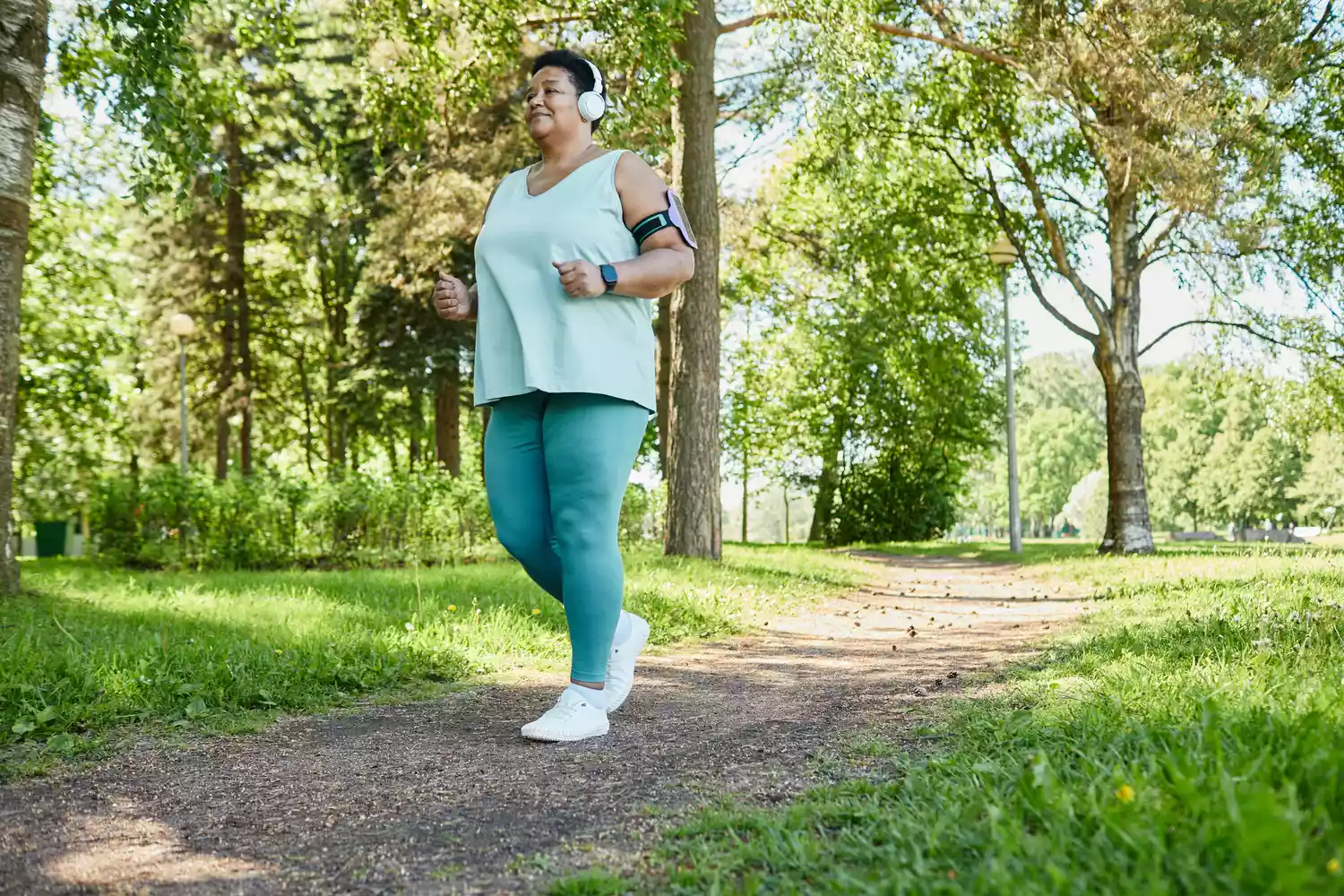As much as 60{3ce0ad748aa90072994365178fd728c9d7c9d879343909fd1337f07a6240cc7d} of your body is comprised of water. And when you work out, you can lose quite a bit.
Consuming water assists the joints and body tissues work, controls body temperature level, and transportations nutrients. Some of us do not drink adequate water, according to Nancy Clark, RD, a sports nutritional expert and author of Nancy Clark’s Sports Nutrition Guide Book.
Here’s what you need to understand before picking the perfect beverage to keep you hydrated throughout your next workout.
Choose the Right Beverage
Often the easiest option is the very best, and that’s real when choosing a workout beverage.
” If you’re a typical person, then water after an exercise is simply great,” stated Clark.
It’s likewise got carbs to refuel and provide energy, and the protein also helps to fix any damage.”.
If milk or water isn’t your thing, sports drinks, coconut water, or other drinks are fine. Do not worry too much about electrolytes. Clark said food might provide for those lost in sweat.
02 of 06.
Take In the Right Amount.
There isn’t a set quantity of water that you need to consume throughout exercise, stated Clark, who advised that you “consume to thirst.”.
But there are methods to calculate your sweat rate, which involve weighing yourself before and after you run and doing a few calculations. Clark said that if you lose a quart of sweat in an hour, you should drink about eight ounces of water every 15 minutes.
If you want to avoid the mathematics and tend to sweat a lot, four to 8 ounces every 15 to 20 minutes during your workout is a good rule of thumb.2.

03 of 06.
Don’t Drink Too Much.
It’s possible to drink too much fluid, although this is uncommon. It’s more of a risk during marathons and triathlons.
Athletes who take in a lot of fluid (even sports drinks) however not enough salt can develop a possibly lethal condition called hyponatremia. Signs of hyponatremia include:3.
Nausea or vomiting.
Headache, confusion, or tiredness.
Low blood pressure.
Loss of energy.
Muscle weak point, jerking, or cramps.
Seizures or coma.
Uneasyness or bad temper.
However really, over-hydration is “rare,” according to Clark, who kept in mind that most people do not drink sufficient fluids while working out.
04 of 06.
Pack in Some Protein and Carbs.
While working out benefits you, it’s common to sustain minor cell or tissue damage after an exercise.4 Proteins can help fix any damage, so Clark recommended rehydrating with a protein-rich beverage after an exceptionally intense workout.
It’s not just about protein, stated Clark. Because you use up considerable energy when working out, “you want about three times more carbs than protein,” so Clark suggested flavored milk as a fluid replacement.
05 of 06.
Know the Risks of Dehydration.
Numerous issues can arise from not consuming adequate water. Possibly among the most common is fatigue.5.
If you don’t drink enough water, then “your blood gets thicker from lower water material, and your heart has to work harder, which means you burn out,” noted Clark. “A dehydrated individual will get tired out.”.
06 of 06.
Drink Before and During Exercise.
Clark suggested drinking fluids before you even start to work out, particularly if you’re doing something that requires a great deal of endurance.
” You need to begin drinking about one and an one-half to 2 hours before running a marathon,” stated Clark.
Also, drinking fluids throughout an exercise is a great concept, too.
” We do not consume enough during workout, which puts you in a hole when you end up, and then you need to rehydrate,” stated Clark. “It’s better if you don’t put yourself in that hole in the very first place.”.
While it may be troublesome to carry water with you on the run, it’s worth it, according to Clark.



